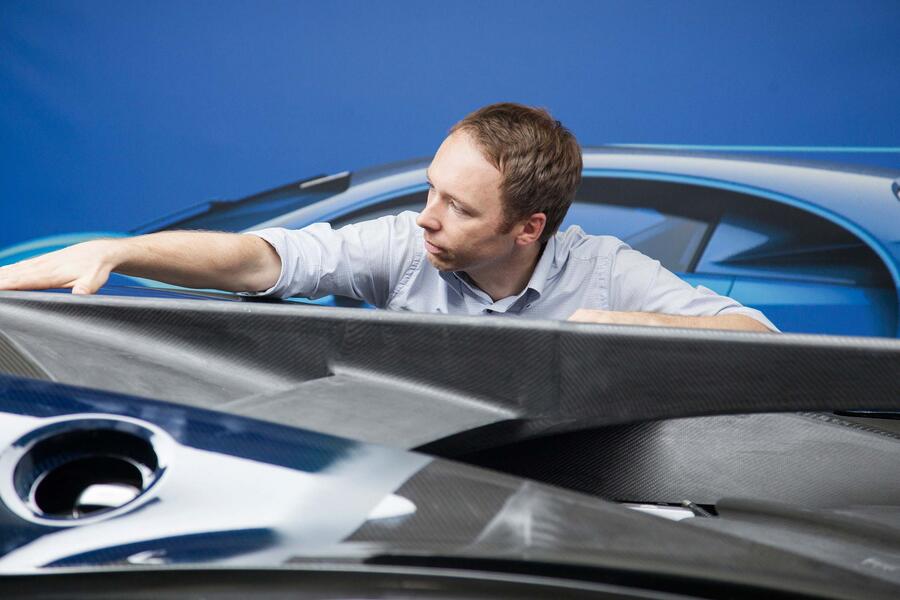“I found myself fighting for a slightly more expensive wheel bearing, which would have cost 50 cents more per corner,” he reminisces, with a fond smile that you imagine is at odds with his mood during those heated meetings. “It would have added €2 to the cost of each car produced, and I lost the battle for 10mm more offset on the wheel for a better stance. I didn’t succeed and, in the end, the car was a little narrow because of that…“
Unsurprisingly, Heyl doesn’t have those kinds of arguments any more, being a designer of cars that can be worth a thousand times as much as a Rapid, but that’s not to say that he and his team take a flippantly profligate approach when it comes to their conception.
“I have different kinds of arguments about financials,” he explains. “Ultimately, we only build 80 cars a year, so that’s not a lot of cars to recover our financial investments. And obviously we have a responsibility towards the brand and towards its employees to make the future secure.
“All our business cases are actually calculated, believe it or not, with a very sharp pencil. It’s not like NASA: ‘take me to the moon, whatever it costs!’ It’s very much a business that needs to function and be financially sound as well.”
So while the boardroom might be booked out for discussions about “whether to use gold foil or machine a part from a solid block of aluminium instead of using something cast”, the prevailing objective, though it may seem, is corporate sustainability.
Unsurprisingly, Heyl doesn’t have those kinds of arguments any more, being a designer of cars that can be worth a thousand times as much as a Rapid, but that’s not to say that he and his team take a flippantly profligate approach when it comes to their conception.









